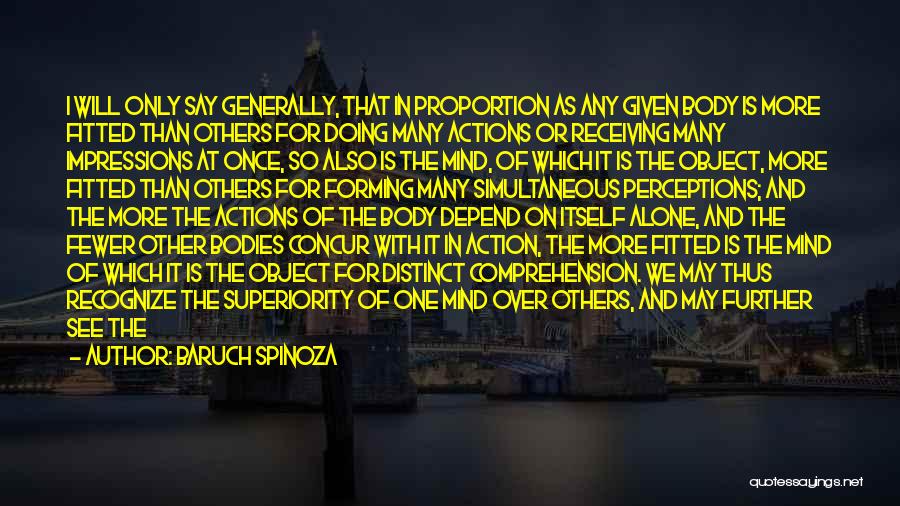Deduce You Say Quotes & Sayings
Enjoy reading and share 4 famous quotes about Deduce You Say with everyone.
Top Deduce You Say Quotes

When I described Madame de T's night, I recalled the well-known equation from one of the first chapters of the textbook of existential mathematics: the degree of speed is directly proportional to the intensity of forgetting. From that equation we can deduce various corrollaries, for instance this one: our period is given over to the demon of speed, and that is the reason it so easily forgets its own self. Now I would reverse that statement and say: our period is obsessed by the desire to forget, and it is to fulfill that desire that it gives over to the demon of speed; it picks up the pace to show us that it no longer wishes to be remembered; that it is tired of itself; sick of itself; that it wants to blow out the tiny trembling flame of memory. — Milan Kundera

My ideas about time all developed from the realization that if nothing were to change we could not say that time passes. Change is primary, time, if it exists at all, is something we deduce from it. — Julian Barbour

I've learned to distinguish between the greatness of God and the inexcusable evil that has been done by those professing his name. And so I do not deduce [as Christopher Hitchens does] that God is not great, and that religion poisons everything. After all, if I failed to distinguish between the genius of Einstein and the abuse of his science to create weapons of mass destruction, I might be tempted to say science is not great, and technology poisons everything. — John Lennox

I will only say generally, that in proportion as any given body is more fitted than others for doing many actions or receiving many impressions at once, so also is the mind, of which it is the object, more fitted than others for forming many simultaneous perceptions; and the more the actions of the body depend on itself alone, and the fewer other bodies concur with it in action, the more fitted is the mind of which it is the object for distinct comprehension. We may thus recognize the superiority of one mind over others, and may further see the cause, why we have only a very confused knowledge of our body, and also many kindred questions, which I will, in the following propositions, deduce from what has been advanced. — Baruch Spinoza





